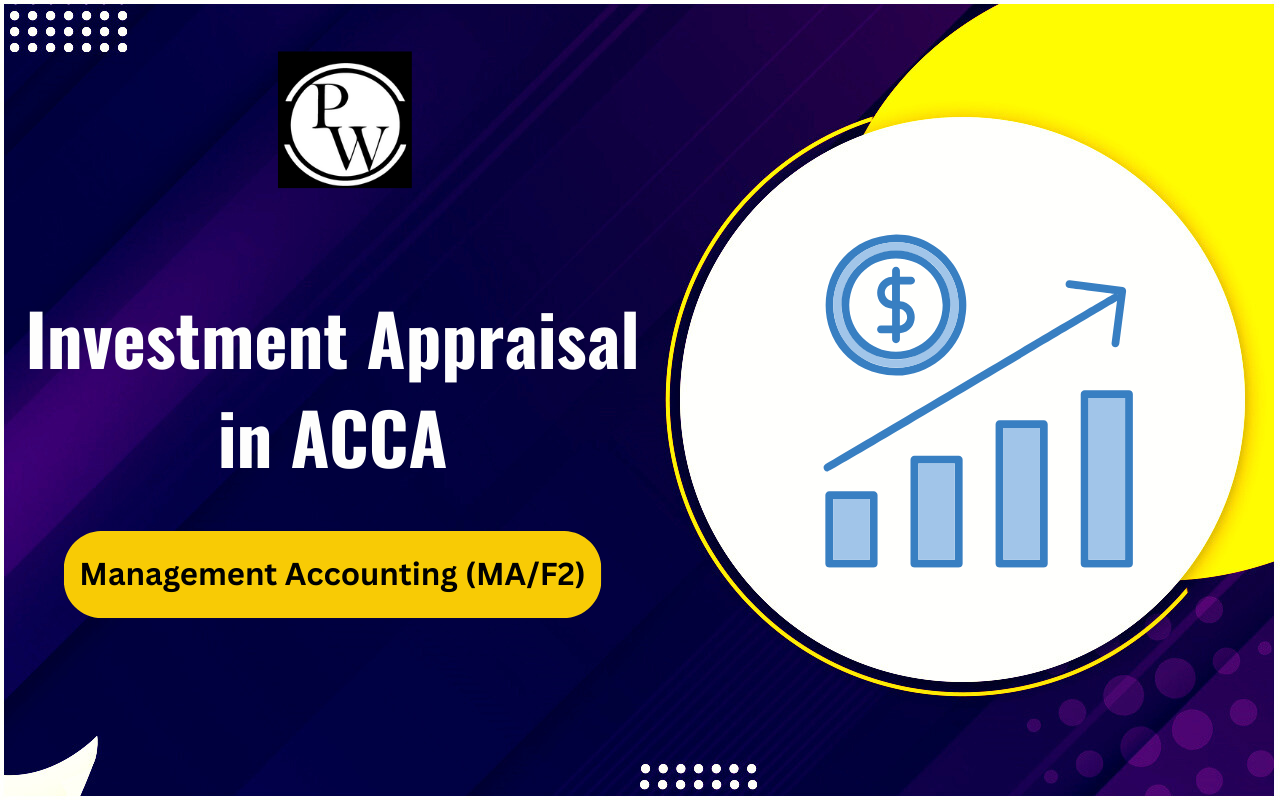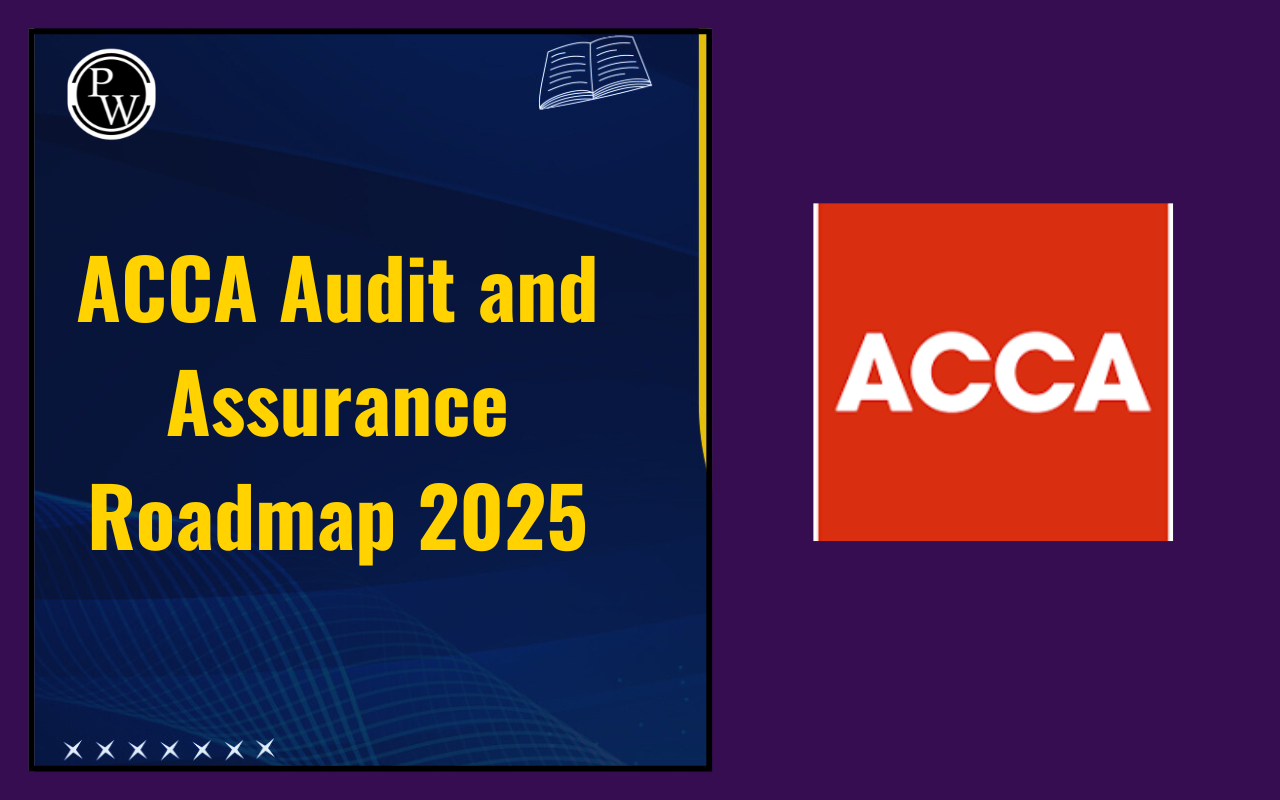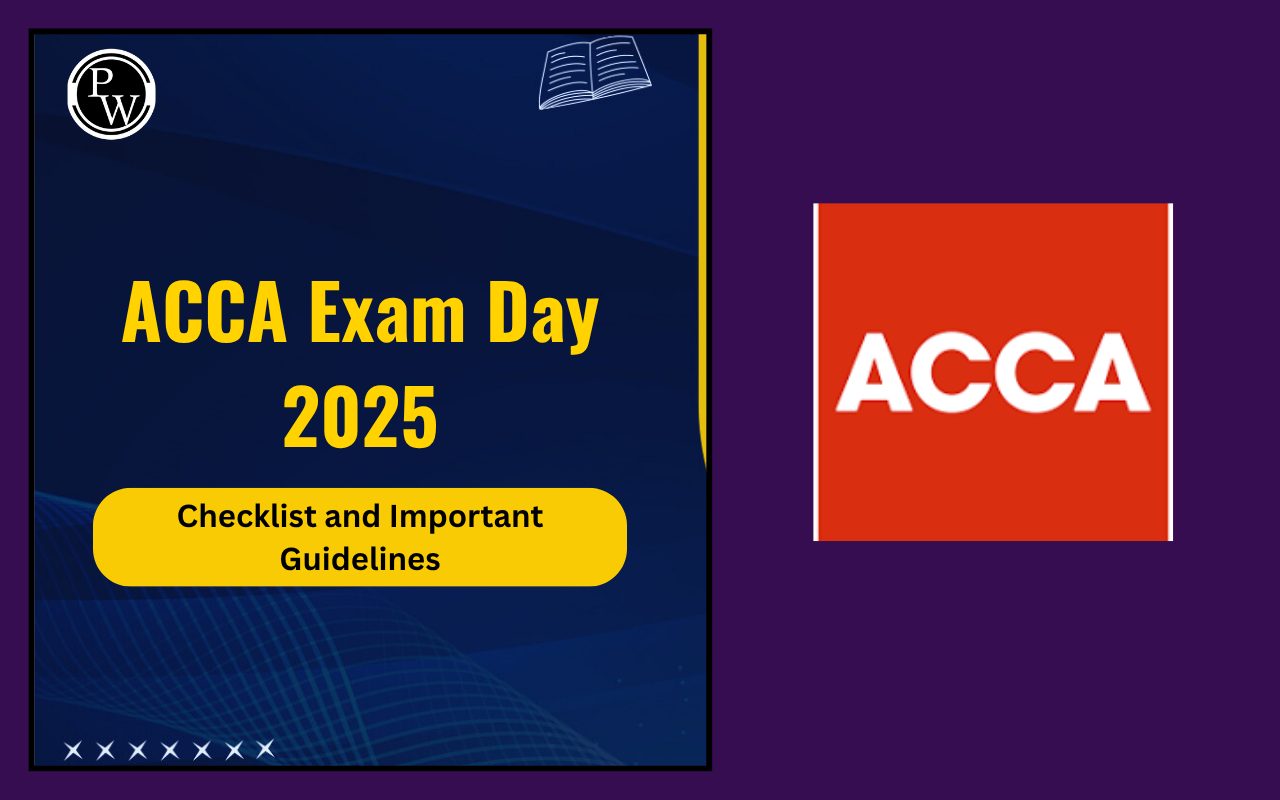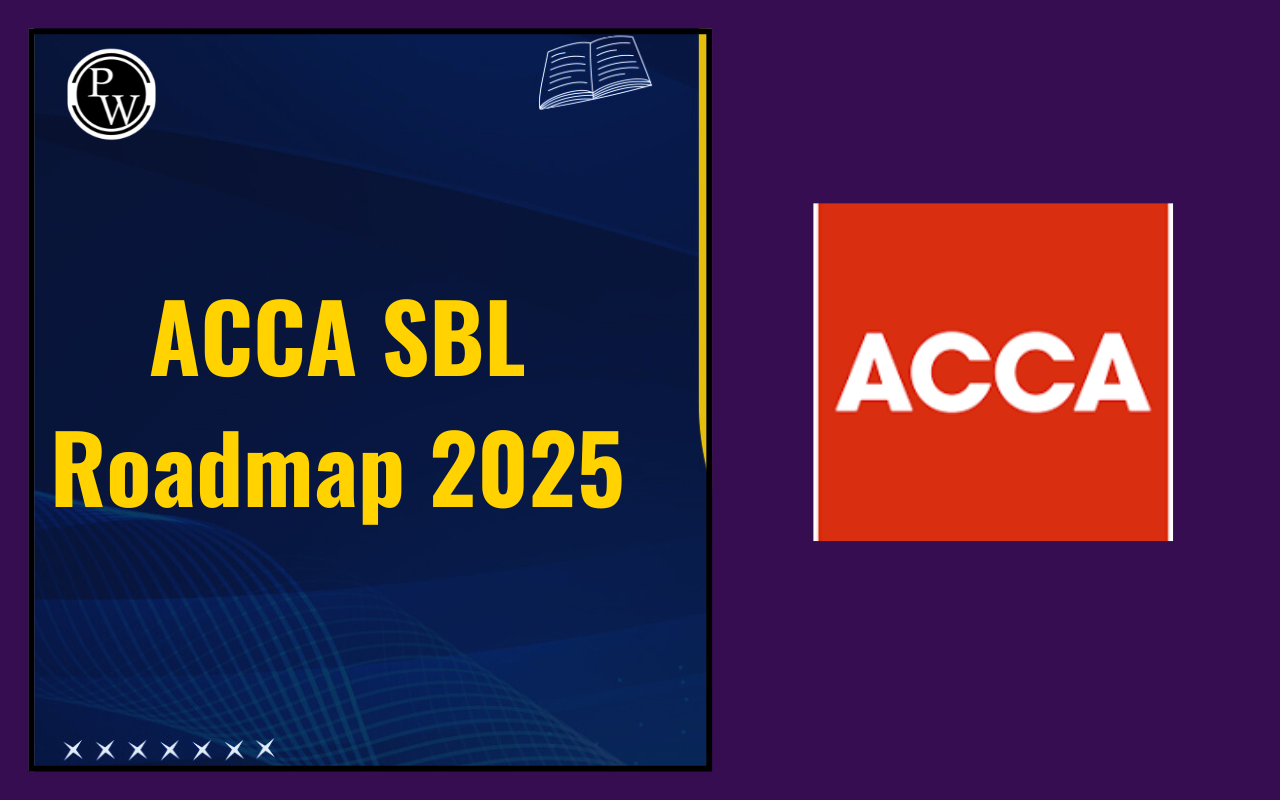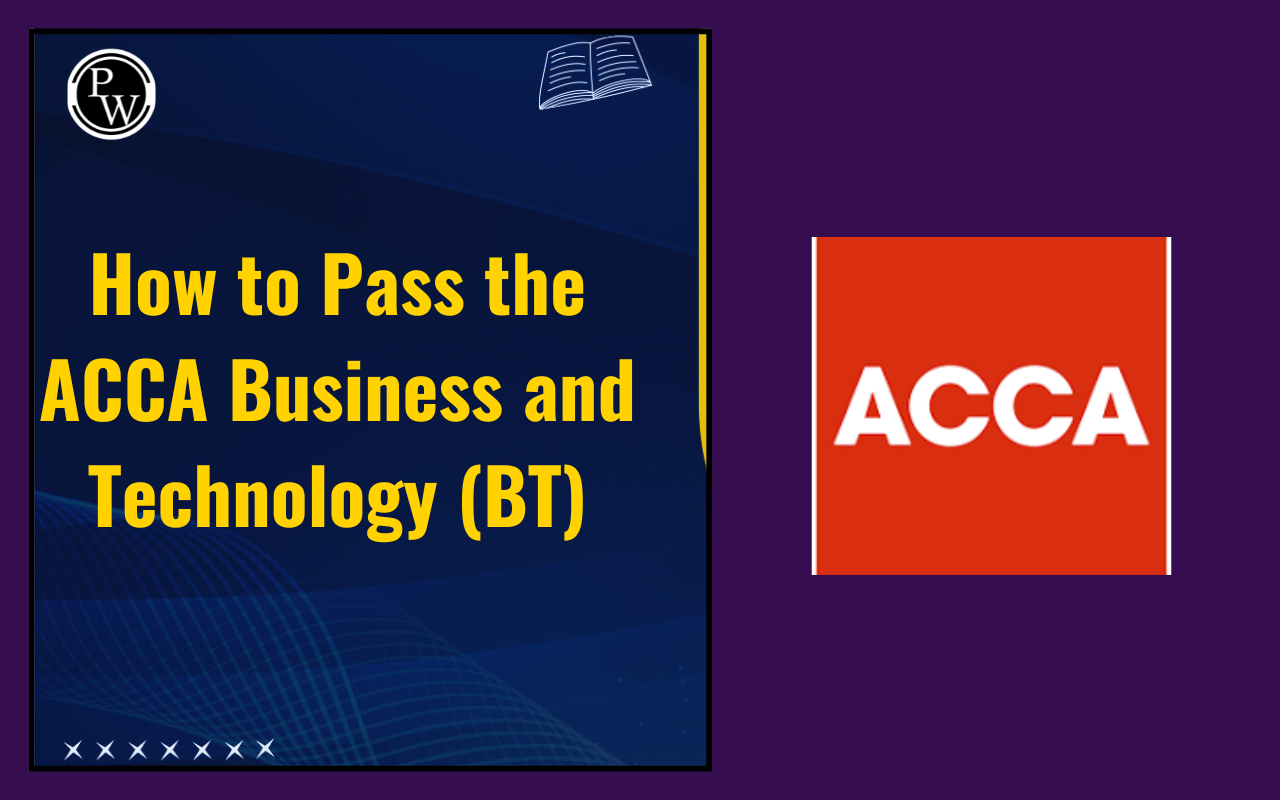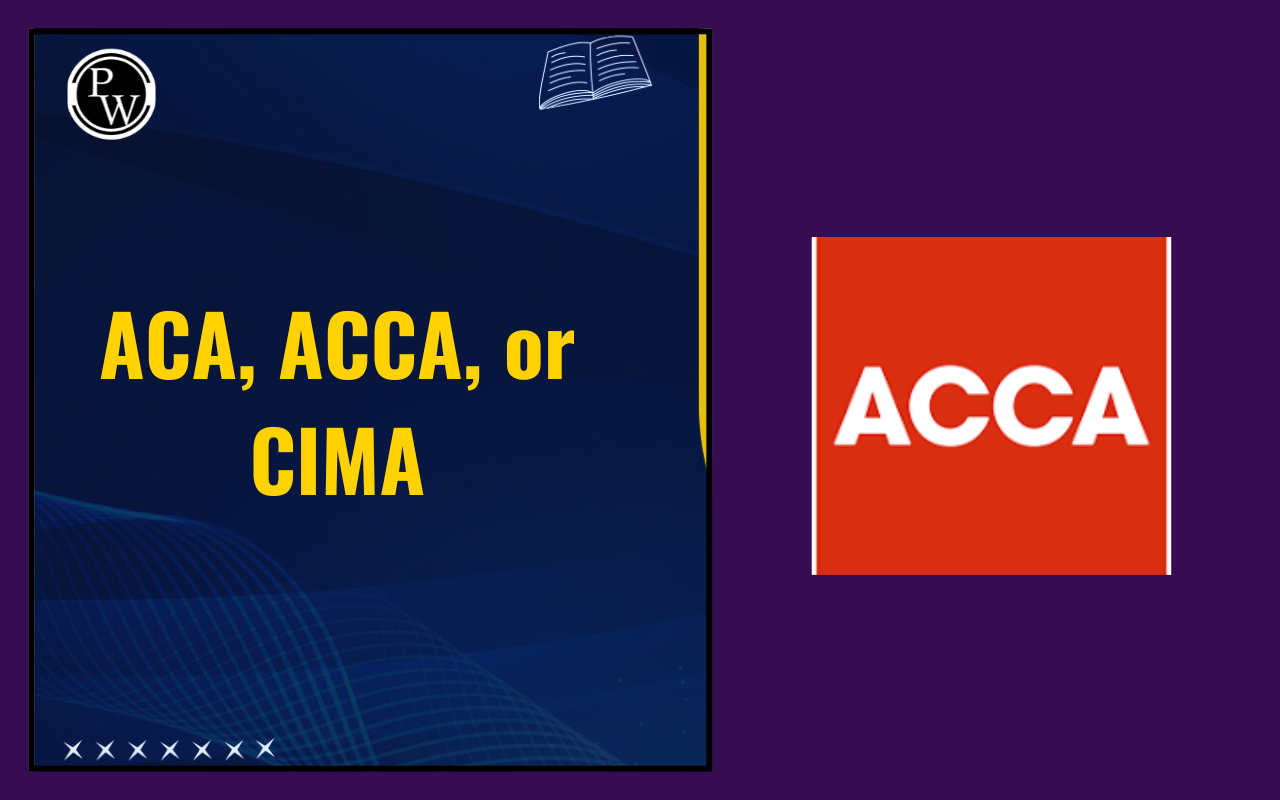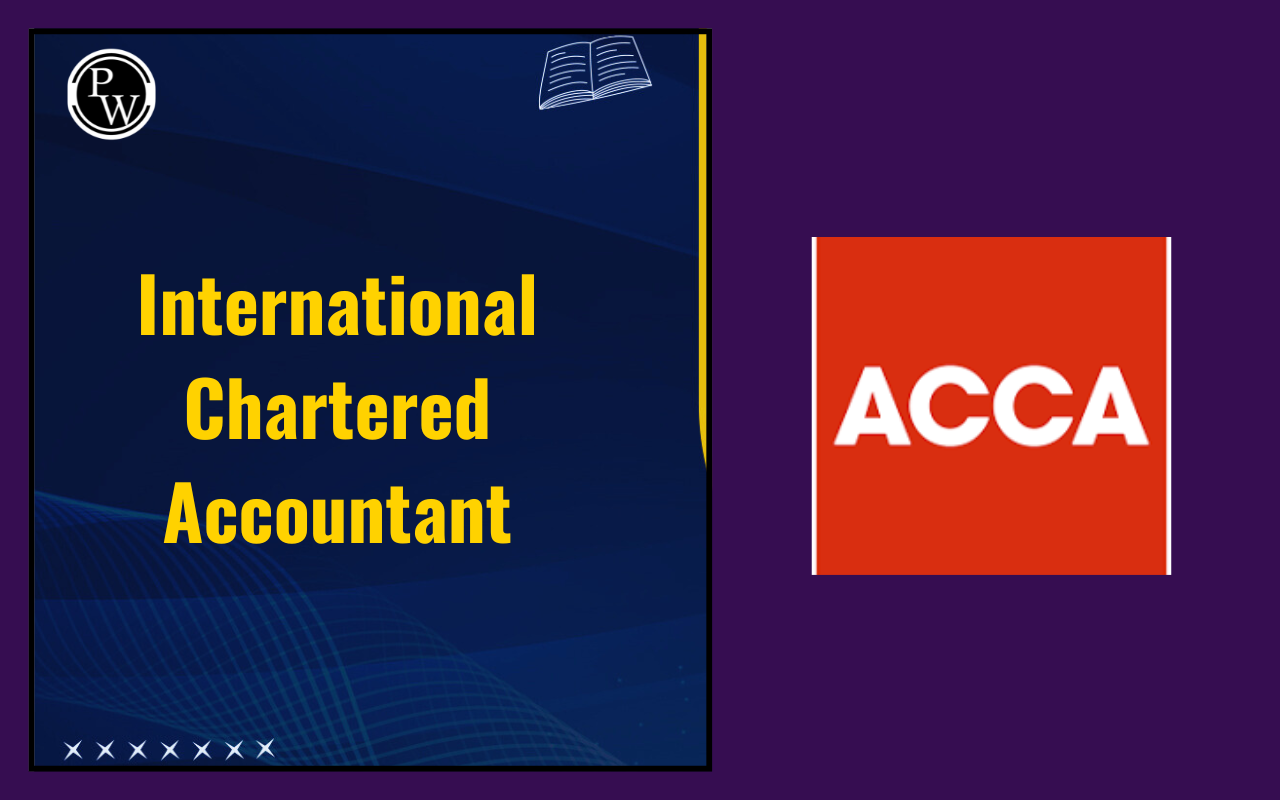
Financial Reporting: The Financial Reporting exam is one of the core Applied Skills papers in the ACCA qualification. This exam tests a candidate’s ability to apply accounting standards and frameworks in the preparation and interpretation of financial statements for single organisations and business groups. Financial Reporting acts as a bridge between Financial Accounting and Strategic Business Reporting. Additionally, FR prepares candidates for advanced reporting responsibilities in real-world scenarios.
ACCA candidates must have a strong grasp of core financial accounting concepts to perform well in the exam. From IFRS standards to complex group accounting and ratio analysis, FR covers a comprehensive range of topics necessary for effective financial reporting and decision-making.
Financial Reporting Important Topics
ACCA Financial Reporting syllabus comprises a total of five chapters, each comprising multiple topics. Presented below is the detailed overview of the FR syllabus:
Conceptual and Regulatory Framework for Financial Reporting
This chapter lays the foundation for understanding why financial reporting exists and how it should be approached. It focuses on the need for a conceptual framework and introduces the key characteristics of useful financial information. It also explores the importance of standardisation and international harmonisation through regulatory frameworks like IFRS and the role of entities like the IASB and ISSB.
Key topics covered in this chapter are:
-
Need for a conceptual framework.
-
Recognition and measurement of financial elements.
-
Advantages and disadvantages of historical cost and current value accounting.
-
Regulatory frameworks, such as IFRS and national frameworks.
-
Principles of consolidated financial statements and group reporting.
Accounting for Transactions in Financial Statements
Through this chapter students learn the technical accounting process of a wide range of transactions under IFRS. It covers the recognition, measurement, and presentation of tangible and intangible assets, leasing, provisions, revenue, financial instruments, and taxation. Understanding these transactions is essential for preparing accurate financial statements.
Here are the topics candidates must focus on during their ACCA preparation:
-
Tangible and intangible non-current assets.
-
Impairment of assets and cash-generating units.
-
Inventory valuation and biological assets.
-
Financial instruments (debt, equity, derivatives).
-
Lease accounting for lessees and lessors.
-
Provisions, contingencies, and events after the reporting period.
-
Taxation: current and deferred tax.
-
Revenue recognition (IFRS 15), government grants, and foreign currency transactions
Analysing and Interpreting Financial Statements of Single Entities and Groups
Candidates learn how to critically evaluate financial information to provide meaningful insights for users and stakeholders. This chapter gives emphasis on ratio analysis, trend evaluation, and the limitations of financial statements. This section also considers interpretation for not-for-profit and public sector entities, highlighting different reporting objectives.
To effectively analyse financial statements, candidates should aim to understand the following topics:
-
Limitations of financial statements and interpretation techniques.
-
Accounting ratios and performance indicators.
-
Use of non-financial and sustainability-related information.
-
Differences in interpretation for public sector and NPOs.
-
Effects of accounting policy changes on comparability.
Preparation of Financial Statements
This chapter focuses on the actual preparation of financial statements for both individual organisations and partnership groups. The topics covered in this chapter explain the step-by-step process for preparing the financial statement, income statement, statement of changes in equity, and statement of cash flows. Candidates will also learn to handle intra-group transactions and fair value adjustments.
Important topics covered in the preparation of financial statements are:
-
Preparation of financial statements for a single entity.
-
Consolidated financial statements: statement of financial position and income statement.
-
Treatment of goodwill, non-controlling interest, and bargain purchases.
-
Intra-group eliminations (dividends, asset transfers).
-
Disposal of subsidiaries and impact on group financials.
Also Check: Performance Management ACCA 2025
Employability and Technology Skills
In this chapter candidates learn to effectively use technology to meet workplace demands. It promotes digital literacy in financial reporting, such as using spreadsheets, navigating digital interfaces, and manipulating financial data using software.
Important topics include:
-
Efficient use of computer tools to access and analyze data.
-
Digital responses and formatting in a CBE environment.
-
Presenting financial data using modern tools.
-
Navigating and editing answers in the ACCA exam platform.
Financial Reporting Exam Pattern
The ACCA Financial Reporting exam is conducted as a computer-based examination. Candidates get a total of 3 hours to complete the questions. The test is designed to assess both theoretical knowledge and practical application skills.
Presented below is the detailed exam pattern of the ACCA financial reporting paper:
| Financial Reporting Exam Pattern | |||
| Section | Format | No. of Questions | Marks |
| Section A | Objective Test (OT) Questions | 15 questions (2 marks each) | 30 marks (30%) |
| Section B | Case-Based OT Questions | 3 cases × 5 questions (2 marks each) | 30 marks (30%) |
| Section C | Constructed Response Questions | 2 questions (20 marks each) | 40 marks (40%) |
Financial Reporting ACCA Preparation Tips
To succeed in the Financial Reporting (FR) exam, ACCA candidates should follow a strategic study schedule. Additionally, they should aim to cover each topic of the syllabus and solve related problems to improve their speed and accuracy.
Here are the recommended preparation tips for the ACCA financial reporting exam:
-
Learn core accounting principles from the Financial Accounting (FA) paper, especially the definitions and treatments of assets, liabilities, equity, income, and expenses. Use ACCA's diagnostic tools to identify and address knowledge gaps early.
-
Create a realistic study plan that helps in efficiently covering FR topics. Candidates can use the ACCA’s Compass Planner to create a focused study schedule and keep track of their progress.
-
Use focused study blocks (45–60 minutes), and summarise complex topics with diagrams and charts. Apply concepts to real-life examples to improve understanding and recall.
-
Get familiar with the ACCA FR exam by solving the official practice papers available on the ACCA website. Candidates can also join ACCA Online Coaching, which offers multiple tests with detailed performance analysis to improve candidates’ speed and accuracy.
-
Candidates should give more attention to high weightage topics like consolidation, revenue, leases, financial instruments, and EPS.
-
Besides memorising laws and principles, candidates should aim to understand their purpose and real-world impact. Additionally, they should use them to solve complex interpretation-based questions.
| Also Check: |
| Irrecoverable Debts and Allowances for Recoverables |
| Taxation Examiner Report |
| How to Attempt ACCA MCQs Smartly for Maximum Marks? |
| Can You Finish ACCA in Two Years? |
Financial Reporting FAQs
How to study financial reporting in ACCA?
What is the pattern of financial reporting exam?
Is ACCA financial reporting difficult?
What are the 5 steps of financial reporting?
What are the 4 types of financial reporting?

